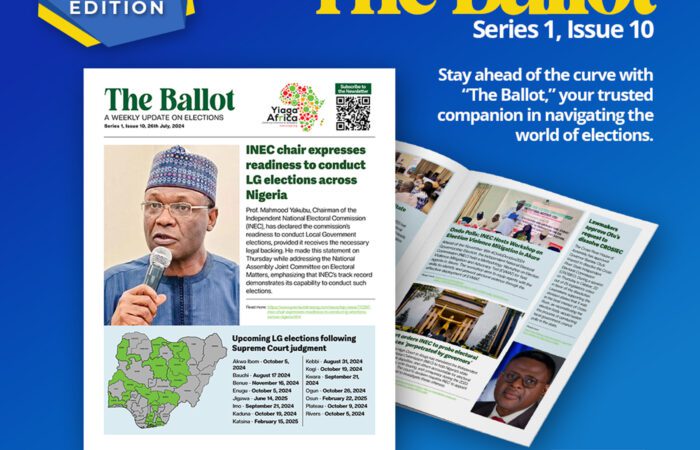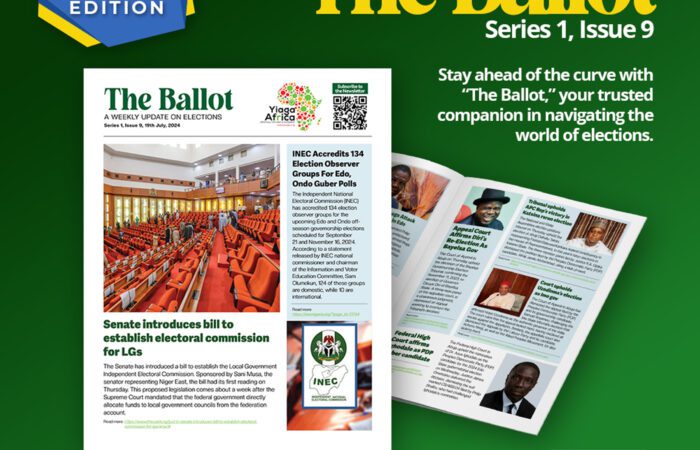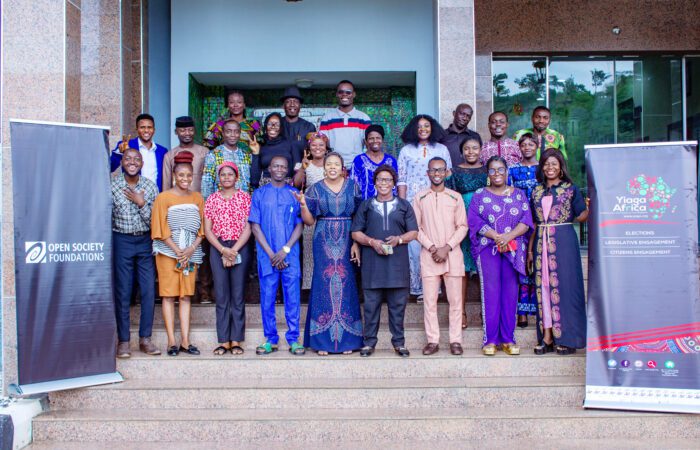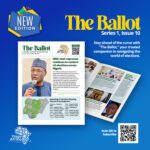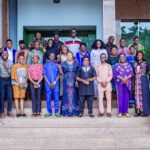The reality that Nigeria urgently needs a change of guard is what the general elections in 2023 will most likely demonstrate. This is the sentiment that is spreading the fastest among Nigerians. These sentiments are primarily a result of the myriad socio-economic problems that have plagued the nation. Never has Nigeria entered an election with such a high level of unease that resonates throughout the entire country. From insurgency in the North-East, to farmers-herders crisis in the North-Central, to militancy/oil bunkering in the South-South, to Indigenous People of Biafra (IPOB) and unknown gunmen menace in the South-East, to banditry in the North-West, as well as incessant kidnappings in the South-West and virtually all regions. In the past, insecurity was typically felt on a regional basis and was most noticeable in the North-East and South-South. The realization that these socio-economic challenges aren’t necessarily the making of the current administration, even though they worsened under them due to poor management of the country’s affairs, is an intriguing aspect of political debates in the country. The unfortunate conclusion from these facts remains that Nigeria’s economic brigandage and current levels of insecurity are of such historic proportions. Tragically, in the face of these realities, the country aspires to conduct one of its most crucial elections in its history.
Majority of Nigerians will vote in the general elections in 2023 as citizens who have suffered from the country’s severe economic and social problems. One of the choices that a majority of eligible voters must make is whether the outcome of this election can result in the necessary and desired change. Political experts question whether the 2023 general elections in Nigeria should only focus on a change of guard or make sure a specific group of leaders emerge. If so, what sort of expertise is needed, and how can the consensus over this be reached? This is significant, considering previous voters’ choices have been mostly influenced by a variety of factors like ethnic or religious identity, personal interests, and regional or national interests. Unfortunately, national election outcomes in Nigeria have mostly leaned towards all the other factors, but national interest. Will the 2023 elections be among the first in Nigeria where national interest triumphs over all other factors that influence voting behavior? History will judge.
The elections will also be the first since 2007 where the incumbent President will not be on the ballot. This would ostensibly create a fair playing field for all presidential candidates since the current president has served out his term limit. It will also be the first to be held without any ex-military generals on the ballot since the country’s return to democracy in 1999. It will also be the first general election to take place in the wake of the END SARS Protest in 2020, which demostrated how resilient young people can be when they speak up and defend their rights. The number of young people who vote and ultimately determine the outcome of the election will likely rise significantly as a result. Governorship elections in March 2023 will be held in 28 states instead of the 36 that make up the federation, which is the first time in any general election since 1999 that governorship elections will be conducted in fewer states. This is due to the fact that the governorship elections in the remaining 8 states are seen as having taken place outside of the normal cycle, as they were largely decided differently by court rulings due to established irregularities. It will be up to history to determine whether there will be more states that fall into the off-cycle category beyond 2023.
Furthermore, the upcoming elections in 2023 will be the first general election under the nation’s new electoral legislation, signed into law in February 2022. The new law allows for advanced technological developments in the electoral process, including the electronic transmission of polling results. This largely suggests that voter confidence in the transparency of elections may significantly improve. Political office contenders or candidates will also have up to 150 days (five months) before the election to canvas the country and persuade voters. Time is a crucial element in politics. This is one aspect of the new legislation that politicians prefer to accept with mixed emotions, as it extends the campaign period from the customary 90 days to 150 days.
The Independent National Electoral Commission (INEC) in Nigeria has committed to deploying the INEC Result Viewing Portal (IReV) for the 2023 General Elections. For the first time in a general election, the public will be able to access the results instantly posted from the polling units on election day through the portal, enabling citizens to calculate these outcomes even before INEC collates and announces them. A leading civil society organization, Yiaga Africa, and a foremost media outfit, Channels TV, will lead a live Election Result Analysis Dashboard (ERAD) to help streamline these results aggregation and winner projections from the IReV portal. In a recently held off-cycle gubernatorial elections in Ekiti and Osun States, the ERAD made significant contributions to the popular acceptance of the outcomes. It was the first platform of its sort in Nigeria. Recently, Yiaga Africa announced it would deploy the ERAD framework for the 2023 elections. It will be the first time such a deployment has taken place on such a large scale.
Lest we forget, INEC will enter the 2023 General Elections with a record of over 90 million registered voters. INEC has started sending text messages to registered voters to let them know when their Permanent Voters’ Cards (PVCs) are ready. These messages include pick-up location information. It is hoped that this approach, which began in late September in the country’s capital, will be extended to other areas, as it is a significant step toward attaining increased PVC collection, ultimately encouraging higher turnout in 2023. Given these innovations and efforts, does this suggest that the 2023 elections will set a new high for voter turnout in Nigeria’s electoral democracy? History will judge.
Michael Agada works for Yiaga Africa as a Senior Research Officer. He is a seasoned proponent of sound public policy and is committed to triggering significant and progressive improvements in them. He has committed himself over the past few years to advancing progressive reforms through the efforts of Yiaga Africa, particularly by leading advocacy efforts that resulted in the adoption and passage of the current electoral law in Nigeria. He is currently engaged in advocating for institutional reforms and measures in the country’s electoral Commission that will enable enhanced electoral conduct and inspire increased youth participation in the country’s upcoming general elections. He tweets from @MichaelAgada.

